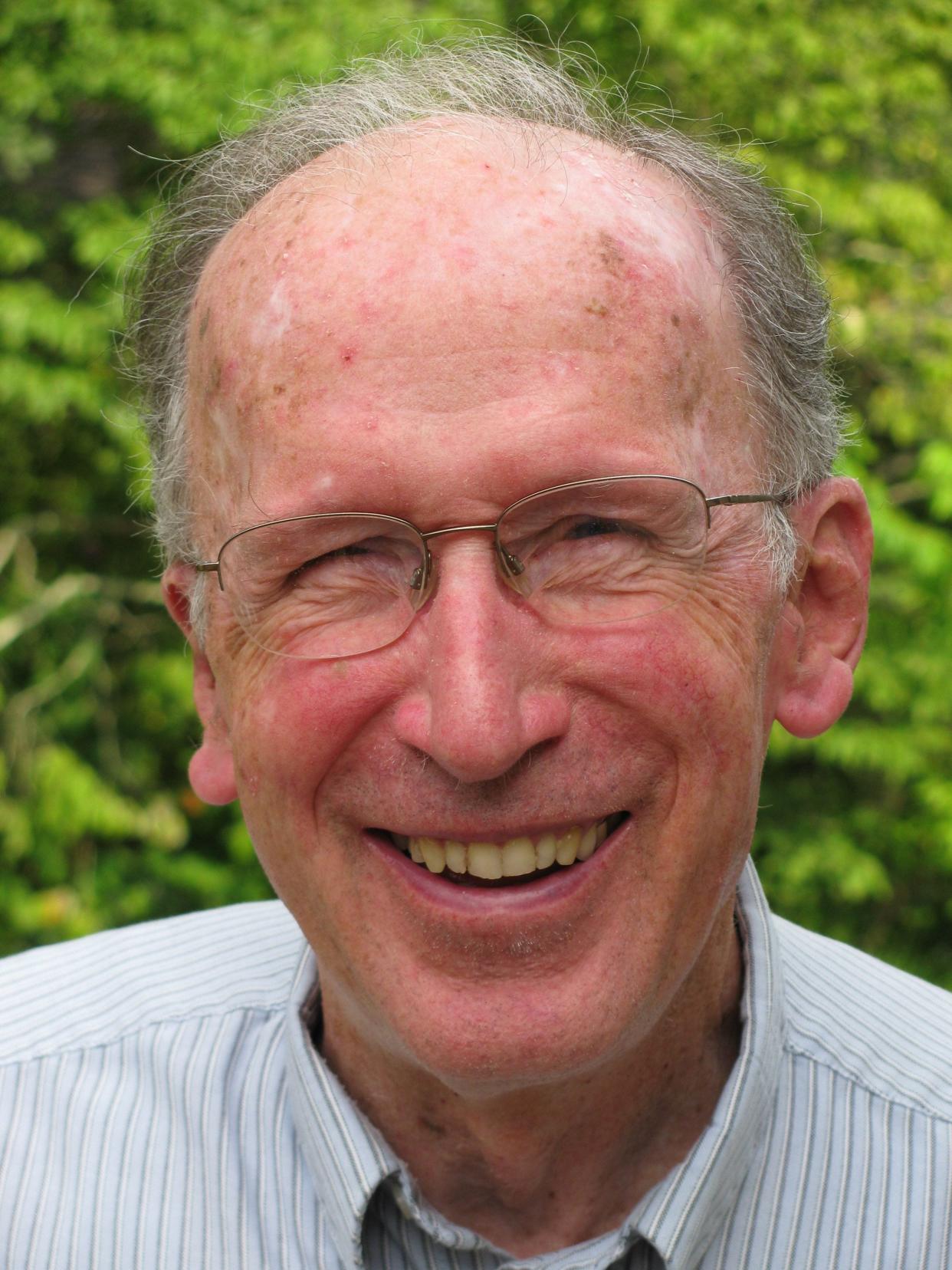Opinion: Understanding past wrongs is first step in preventing them from happening again

Not long ago President Biden was in Belfast, Northern Ireland. He celebrated the “Good Friday Agreement” in which the Republic of Ireland and Northern Ireland reached a Peace Agreement on Good Friday 1998. I wonder if the name and date of the agreement helped to bring the long war to an end.
I mention this peace agreement because it recognized that something terribly wrong needed to be stopped and corrected. Some people in this country do not like to admit to historical tragedies and wrongs that need to be admitted and corrected. They think it will make people, especially children, feel bad about their past. The opposite is true if regret is combined with change that corrects wrongs. Understanding past wrongs is the first step in preventing them from happening again.
We constantly hear attacks on Critical Race Theory for its reminder of the sad history (and present existence) of racism. Critical Theory (without the “race”) originally came from German scholars (yes, some of them were Marxists), who investigated how various social groups in Europe took advantage of other groups. American lawyers saw that they could apply the same analysis to America. You can take out the word “theory” and just look at the realities of social group relations. People who don’t want to consider the realities of built-in biases or group power differences reveal their fear of correction by their attacks on CRT.
More: Opinion: Religions and nations often try to use each other leading to coercive power
More: Opinion: Observing Memorial Day: Remembering sacrifices of those who fought for freedom.
Oppression of one group by another group is as old as humanity. The United States was created with the already established oppression of Black people by white people. That is still being corrected. We see need for greater justice by the majority toward other groups such as Native Americans, Asians (some migrated to America long ago) and current migrants from Latin America. Various peoples from Europe, who came for freedom from oppression, like most of the original settlers, have had to struggle for justice in their treatment. In short, among the various groups in the patchwork population of America, those with more power have often taken advantage of other groups and will continue to do so unless America’s laws based on equality for all are applied.
For many centuries, women as a group have suffered under various kinds of discrimination. The social group known as LGBTQ+ is one of the most recent groups to suffer social discrimination. Critical theory identifies groups that have experienced discrimination by the rest of society. A central pillar of American democracy is to recognize and correct inequalities where they exist. To recognize the wrongs in society is not unpatriotic, but central to being patriotic. People will not agree on what is wrong and needs correcting, but that is where democracy is applied to find means of improving the nation.
More: Editor: Open call for women to share their voices, during Women's History Month and always
It is important for young people to know that America is a nation that has made mistakes, particularly in oppressing various groups, but also that America has made changes to correct wrongs and will always need to correct wrongs. What is most important is that young people should learn that the nation needs and wants them to participate in correcting the wrongs. Because we have freedom, wrongs can be identified by free speech, the free press, which includes investigative reporting, and free elections. Perhaps some young people will respond by deciding to go into journalism and politics. At the same time, as young people learn of past and current wrongs, they also need to learn how our democracy has corrected and still needs to correct our wrongs.
Recognizing our mistakes, making corrections with reparations, is the civic analogy of what many have learned about the meaning of repentance in religion. The need for repentance is often mentioned in faith groups. Teachers in schools and also in churches can point to how America as a nation has slowly and haltingly corrected its mistakes and begun to make up for failures. There is a positive value to expressing regrets for these past mistakes and wrongs, if at the same time steps are taken for changing and turning away from the past. This is a much better approach and the opposite from painting a picture of the past as only perfect and without serious problems. Hope for a better tomorrow needs to be combined with regret for past wrongs and positive efforts to change. This is the kind of patriotism children, young people, and all citizens need to learn.
Rev. Robert L. Montgomery, Ph.D, lives in Black Mountain.
This article originally appeared on Asheville Citizen Times: Opinion: Understanding past wrongs prevents them from happening again

